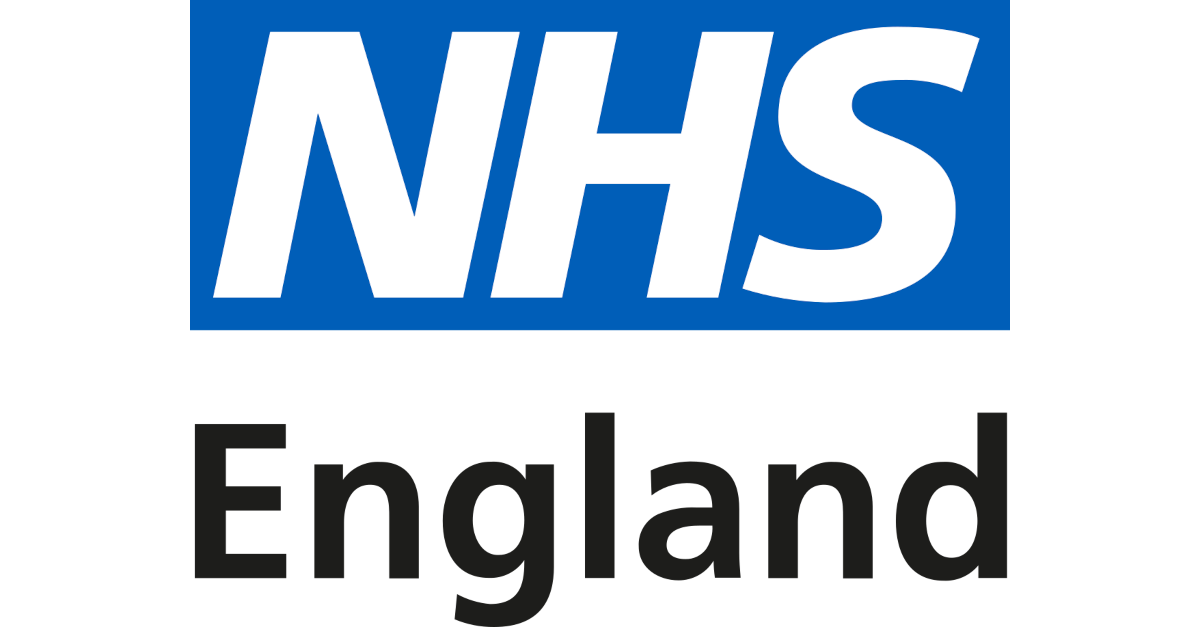Hundreds of patients with a rare genetic condition that causes rickets and severe bone and dental problems can now receive a “life-changing” new therapy on the NHS in England.
Targeted drug burosumab has been shown to help transform the lives of adults with an inherited condition that leads to low levels of the mineral phosphate in the blood, which is essential for the normal formation of bones, teeth and how other parts of the body work.
The condition, known as XLH (X-linked Hypophosphatemia), can lead to rickets, an increased risk of fractures due to bone softening, muscle weakness, dental problems including abscesses and loss of teeth, and disability that can affect a person’s work life.
Until now, the only available treatment for adults was phosphate supplements or activated vitamin D, which are less clinically effective and can cause side effects including severe stomach problems and kidney stones.
Instead of trying to replace the phosphate being lost by the kidney, burosumab works by supressing the hormone that causes low levels of phosphate, stabilising levels in the blood, something that was not achievable with previously available treatments.
The drug has been available for children with XLH since 2018 and will now be available for eligible adults on the NHS – initially through more than 20 specialist centres across the country.
Patients will be taught to give burosumab in their own homes, reducing unnecessary visits to hospitals.
Professor Sir Stephen Powis, NHS National Medical Director said: “The roll out of the breakthrough therapy in England is great news for adults with XLH in England because it is the first treatment that targets the root cause of the condition, reducing daily pain and stiffness in those who live with this debilitating condition and improving the healing of fractures that might otherwise require surgery.
“By enabling patients to eventually use the treatment at home through training by NHS staff, monthly hospital trips can be avoided meaning patients benefit from the medical effects of the treatment and less disruption to their lives.”
The treatment also helps with the healing of bone fractures and so avoids repeated and invasive surgery.
And, because it significantly reduces pain, there is less need for painkillers such as opioids.
Susan Bird, 68, from Didcot, Oxfordshire accessed burosumab eight years ago as part of a clinical trial. She was diagnosed with XLH when she was only two years old. Her mother, children and grandchildren were also born with the condition, which can be inherited through a person’s genes, but can also develop for the first time without family history.
Her symptoms grew progressively worse and once she hit her forties she was in a lot of pain and her mobility became more restricted. Taking phosphate just gave her a permanently upset stomach. Apart from taking vitamin D, she was just living on painkillers because she was in so much pain. However, this has changed with her new treatment.
Susan said: “People born with XLH now have an amazing future ahead of them. The effect of burosumab was absolutely life-changing. For me, this treatment has been like winning the lottery, but ten times better.
“I wasn’t expecting it to make a difference for me. Remarkably, within three to four months, it did. I was feeling less pain and less fatigue, and that meant my mobility improved – within a year I was a totally different person, and I still am. I really believe that by now, at 68, I would have been in a wheelchair.
“I can now go shopping on my own and travel by bus without help. My husband and I also go travelling a lot and have just booked a 101-day cruise around the world, which I wouldn’t have been able to do otherwise. We’re going to do something amazing and make memories together.”
“Personally, because I have children and grandchildren with XLH, it’s incredible to know that they’re going to have the same opportunities as everyone else.
The roll-out of burosumab (Crysvita®) follows the publication of final guidance by the National Institute for Health and Care Excellence (NICE) in August recommending the treatment as a clinically- and cost-effective use of NHS resources.
Oliver Gardiner, trustee at charity XLH UK, which supports those with XLH and related disorders, said: “This is fantastic news for adults with XLH in UK. This life-changing treatment is the first to tackle the underlying problem and will lessen the significant physical and emotional challenges that adults with XLH face on a daily basis.”

